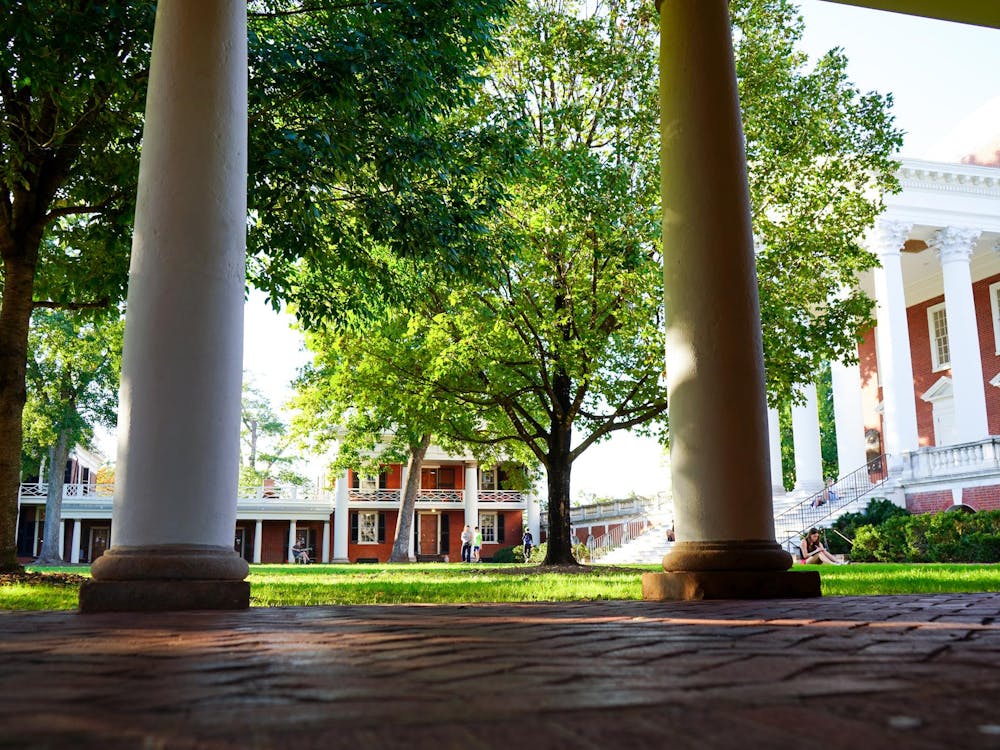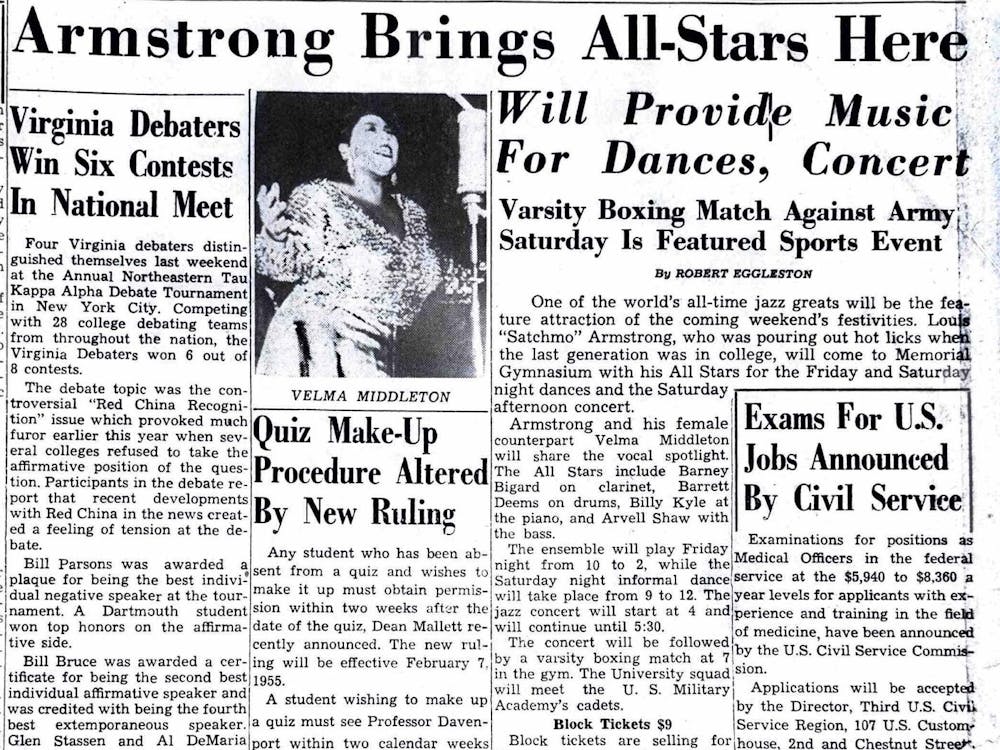After enduring a whirlwind of town hall meetings, back-and-forth election results and media scrutiny, Republicans and Democrats soon will have their presidential nominees for the November presidential election.
Republican contestants Sen. John McCain of Arizona and Gov. George W. Bush of Texas saw their momentum see-saw through early primary trade-offs, with McCain winning New Hampshire, Michigan and Arizona and Bush conquering South Carolina, Washington and Virginia.
Bush appeared to be in trouble before South Carolina's primary; now McCain has seen his prospects dim after consistently losing conservative Republican votes.
Democratic candidate and former New Jersey senator Bill Bradley's campaign receded into the shadows since his close New Hampshire loss, while a few more points might have boosted his campaign into a strong position against Vice President Al Gore.
|
A New Hampshire win for Bradley "would have made all the difference in the world," said Larry Sabato, government and foreign affairs professor.
In the nominee selection process, candidates from both parties run in election contests in each state, staggered over several months. Delegates are designated by the results of the contests, and the candidate with the most delegates wins the nomination at the national conventions. In some states these elections are caucuses, which are meetings held before the vote to discuss the candidates and their platforms. Most states hold primaries. Some states hold open primaries - meaning anyone can vote, regardless of political affiliation. Other states hold primaries that are closed to non-party voters, and still other states hold blanket primaries, where all the candidates are on the same ballot.
Delegates can be awarded proportionally or on a winner-take-all basis. But some states select delegates based on party member votes only, creating the situation in which there can be one winner in the popular vote and a different winner in the delegate awarding process.
Since the rules concerning who can vote and how delegates are chosen seem to affect the momentum of candidates' campaigns, party leaders have tried to use them to their advantage. The Republican primary for South Carolina, a traditionally conservative state, was moved earlier in the process, which benefited Bush, the more conservative candidate.
The Michigan primary Feb. 22 was turned into an open primary this year, allowing outsiders into the process. Overall, the rules and strategizing have made the primary process quite complex.
"It's a mess," said Mike Cornfield, government professor at George Washington University. "This is the most chaotic part of American politics."
Those rules also have incited party debates. McCain has had difficulty winning core-party support. His wins in New Hampshire and Michigan depended on Democrats and Independents, while Bush won the majority of Republicans in every state. That split in support has caused observers and voters to question how primaries should work.
"It's a debate over who gets to choose the nominee," Stanford Government Prof. Morris Fiorina said.
McCain has said independents and Democrats should be part of the process, while Bush and party stalwarts said Republicans should not let outsiders dilute their party process.
Meanwhile, on the Democratic side, Bradley has an especially difficult job trying to win the nomination. Not only is he challenging a vice president, but he is facing a steeper uphill battle in the Democratic primary process, some analysts said.
First, the Democratic party has "super delegates"- independent delegates that go to the national convention regardless of the outcome of the elections. These delegates typically vote for the more practical choice and in this case that candidate is Gore. These "super delegates" balance activists in the party who may be impractical and make it harder for ideological insurgents to prevail.
"It's like starting on the 20 yard line," Sabato said of Gore's advantage over Bradley.
In addition, Democratic constituencies such as labor unions, teachers unions and blacks tend to vote en masse for the party favorite.
"The Democratic party has a stronger establishment - the Republicans don't have built-in constituencies," Sabato said.
Bradley admitted his frustration earlier this week.
"The current process definitely rewards entrenched power," he said on ABC's "This Week" in response to a question about Democratic primaries.
But the main source of Bradley's trouble is widely seen as a lack of press and voter attention, all of which were focused on McCain after his large victory in New Hampshire.
"McCain took the wind out of Bradley's sails," Fiorina said.
In addition to the complex set of rules, the current primary schedule makes the process more complicated.
The presidential selection process this year began Jan. 24 in Iowa, and although primaries run until early June, the nominees likely will be decided by March 14 - if yesterday's primaries have not already. That's partly because over half the delegates the candidates need to get the party nomination were decided March 7, yesterday. (See related articles, page A1.)
States often try to put their primaries early in the schedule to get a voice in the contests, a process known as "front loading."
The current season is "perhaps the most front loaded that we've seen," said Paul Freedman, University assistant professor of government and foreign affairs. One criticism that pops up is that states unrepresentative of the nation as a whole, like New Hampshire and South Carolina, have more weight in the primary process than they deserve, critics have said.
Observers have offered various remedies to the primary schedule, including a more stretched-out season and rotating slots on the schedule.
Still, it is difficult to say what changes if any would improve the system.
"Any system that a party could come up with is inevitably going to advantage some people and disadvantage others," Freedman said.






